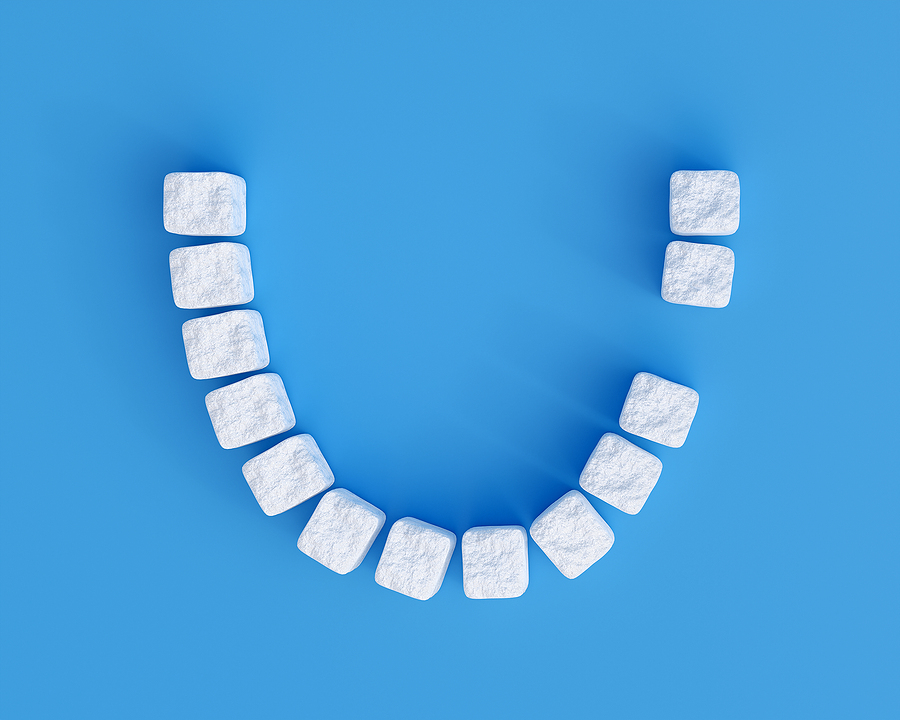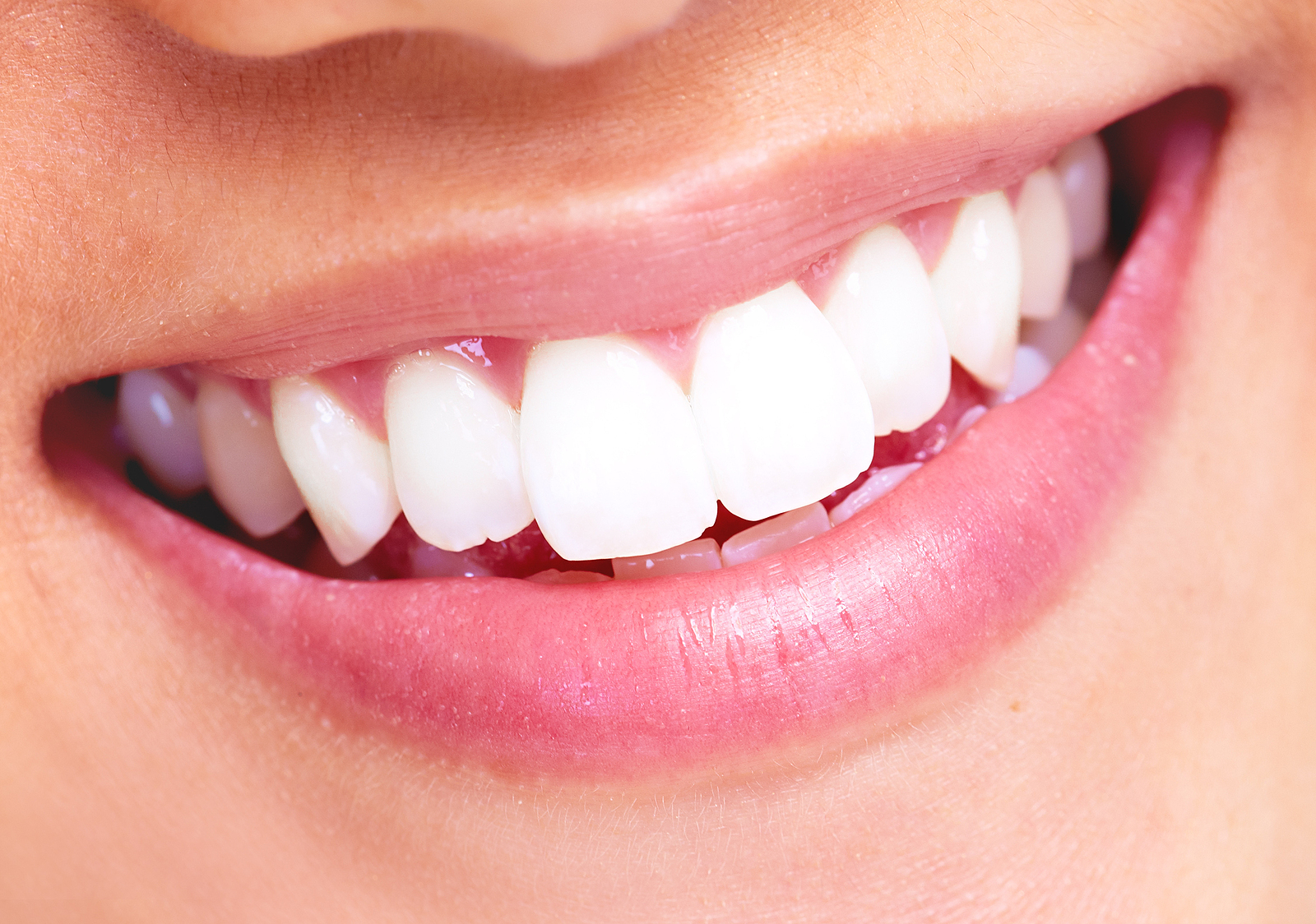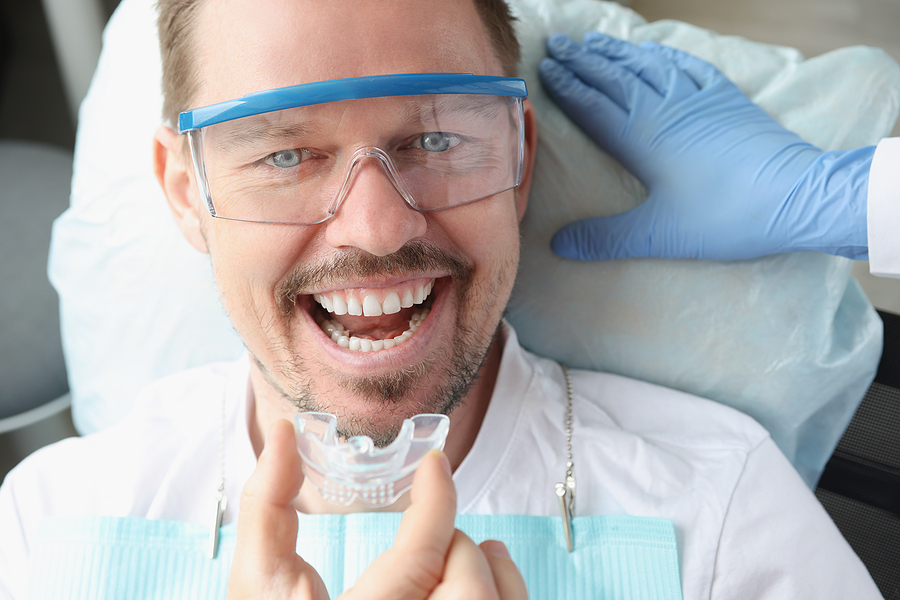What Are the Symptoms of Sleep Apnea?
Posted by HEALTHY SMILES OF BIRMINGHAM on Aug 28 2022, 05:17 AM
Sleep apnea is a medical condition where breathing is disrupted as you sleep. It is common, affecting more than 18 million American adults. Sleep apnea occurs when the muscles in your airway relax too much during sleep, causing an obstruction. The obstruction may be minimal, causing a “soft snore,” or it may be severe enough to completely block your airflow. Less common, but still possible, are situations where your airway starts to close, but the brain compensates for the lack of breathing and causes snoring.
A dentist can identify the symptoms of sleep apnea in a patient after reviewing the patient’s medical and dental history. An oral examination is also performed to evaluate the health of the mouth and jaw. If the dentist suspects a patient has sleep apnea, he or she will refer the patient to a sleep specialist for more testing for a diagnosis.
Here are the symptoms you need to look at:
Loud Snoring
If you notice that your spouse snores loudly and regularly, it may be a sign of sleep apnea. Sleep apnea causes snoring, and snoring is a sign of obstructive sleep apnea (OSA). Snoring occurs when the uvula and soft palate collapse into the airway due to blockage.
Pauses in Breathing During Sleep
People with sleep apnea may not notice these pauses in breathing, but their spouses may notice them. These pauses in breathing can last anywhere from a few seconds to a few minutes.
Excessive Daytime Sleepiness
Waking up tired is not an uncommon problem, and most people attribute it to work stress, illness, or a poor night’s sleep. However, excessively fatigued during the day can also indicate sleep apnea. This common sleep disorder is characterized by brief interruptions in breathing during sleep that results in periods of extreme drowsiness.
Morning Headaches
If you’re waking up with headaches every morning, don’t assume that they will go away on their own. A headache in the morning can be a sign of sleep apnea.
Excessive Fatigue
Sleep apnea is a chronic disorder that can rob you of valuable, restorative sleep. Without sleep, you’ll soon start to feel fatigued and lethargic. You may also notice that you are excessively sleepy during the day. These symptoms may lead you to push off important tasks like chores or to go to work.
High Blood Pressure
Sleep apnea comes with some very serious health consequences. High blood pressure commonly affects those with sleep apnea. It doesn’t only affect your heart. It can also lead to a stroke or a heart attack. If you have high blood pressure, be sure to talk to your doctor. They may recommend a CPAP machine to prevent sleep apnea.
A Dry Throat or Sore Throat
This is one of the most overlooked symptoms of sleep apnea due to the fact that many patients with sleep apnea do not experience any pain. However, the fact that a sore throat is usually associated with other cold or flu symptoms can make it more difficult to identify.
If you wake up with a dry, sore throat or you experience chronic sore throats, you should consider visiting your dentist and discussing your symptoms.
Frequent Nighttime Urination
Many people with sleep apnea experience frequent nighttime urination. This is because the muscles in your bladder and urethra become weak, causing you to wake up frequently throughout the night to urinate.
Visit Healthy Smiles of Birmingham at 100 Heatherbrooke Park Dr Suite A, Birmingham, AL 35242 for a wonderful experience with preventive dentistry. Contact us at (205) 991-9535 or schedule an appointment online.



